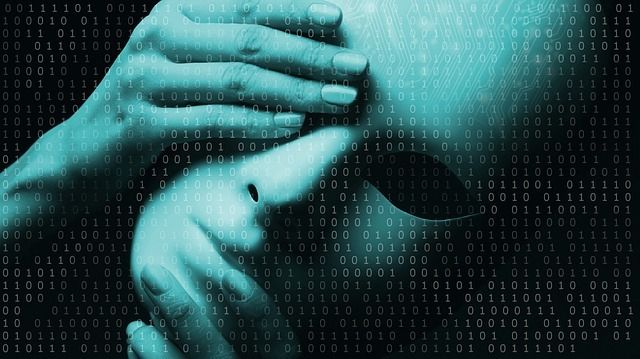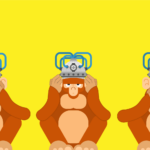Facial recognition and the future of privacy: I always feel like … somebody’s watching me
By Brenda Leong | April 29, 2019
 Image by BrownMantis from Pixabay
Image by BrownMantis from Pixabay
In the 21st century, we live in a world packed with closed-circuit video cameras, facial recognition systems, radio frequency identification chips, electronic toll collectors, smartphones with location tracking, and widespread monitoring of our electronic communications. As deeply as the industrial revolution upended 20th century social norms and political structures, so too has modern information technology been a revolution, giving governments and large private corporations vast power to keep track of, manipulate, and potentially repress entire populations. China offers some examples in this area, but even democratically elected governments have shown a tendency to want to digitally profile and analyze their citizens without sufficient respect for individual privacy. And just as rampant industrialization had to be reined in to protect human rights and individual dignity, information technology and digital systems must be controlled to prevent abuse and exploitation. This “boundary setting” can come none too soon, as rapid advances in artificial intelligence allow an even greater ability to process and categorize the vast amounts of data generated by all our electronic devices.
Together, we make the world safer.
The Bulletin elevates expert voices above the noise. But as an independent nonprofit organization, our operations depend on the support of readers like you. Help us continue to deliver quality journalism that holds leaders accountable. Your support of our work at any level is important. In return, we promise our coverage will be understandable, influential, vigilant, solution-oriented, and fair-minded. Together we can make a difference.














